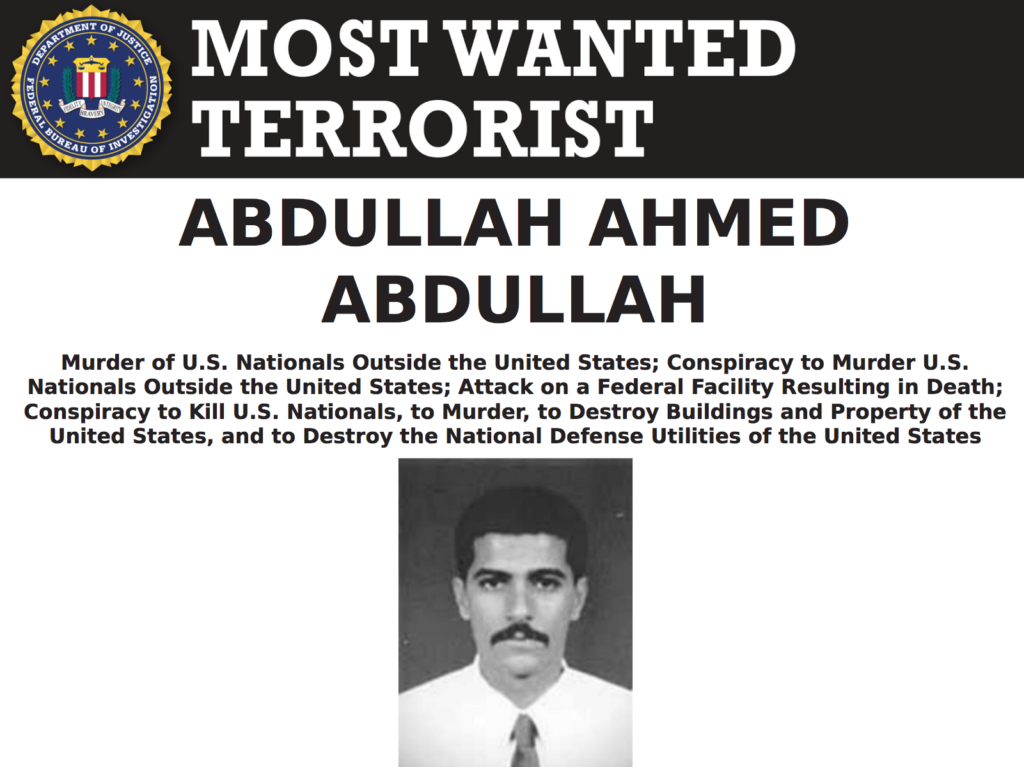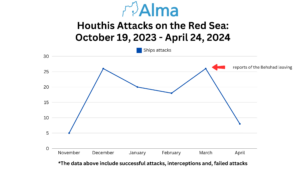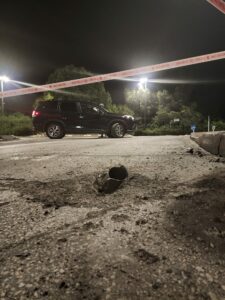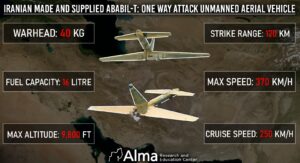According to a New York Times article published over this past weekend, Abu Muhammad al-Masri (second in command in Al-Qaeda) was killed last August in an Israel-USA joint-operation. Here are several statements and ponderings regarding his elimination:
- Iran is the world’s central terrorist activity operator, harboring many terrorists including ones from seemingly rival organizations of the Shiite Axis, such as Al Qaeda.
- If there was American-Israeli cooperation, it indicates a high level and intimate intelligence/operational cooperation.
- The method of his killing (close-quarter shooting from a motorcycle) has been attributed for many years to the Israeli “Mossad”, including the killing of Iranian nuclear scientists in Tehran.
- It is not clear whether the target was worth the effort and whether he had the ability to initiate and carry out terror attacks against the USA and Israel. The killing might have been to “settle accounts” with al-Masri for his past terror attacks (he was responsible for the attacks on the American embassies in Kenya and Tanzania). The goal of the killing of al-Masri was to send a clear and unmistakable message: no terrorist is invincible, regardless of where he is and when he operated.
- There is a possibility that the Iranians themselves grew tired of al-Masri and killed him in an “Israeli-manner” in order to evade future blame and vengeful actions against them.
- Al-Masri’s daughter, who was with him in the car when he was killed, was killed as well. Israel does not normally kill those who are “uninvolved”. If Israel was in fact the one who killed them, there was probably a good enough reason to do so: she might have operated as part of Al Qaeda, and might therefore have been a target, or maybe the assassins wanted to avoid an eye-witness account of an assassination, which would likely endanger the mission and the safety of those carrying it out.






